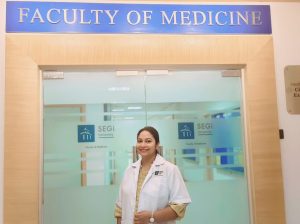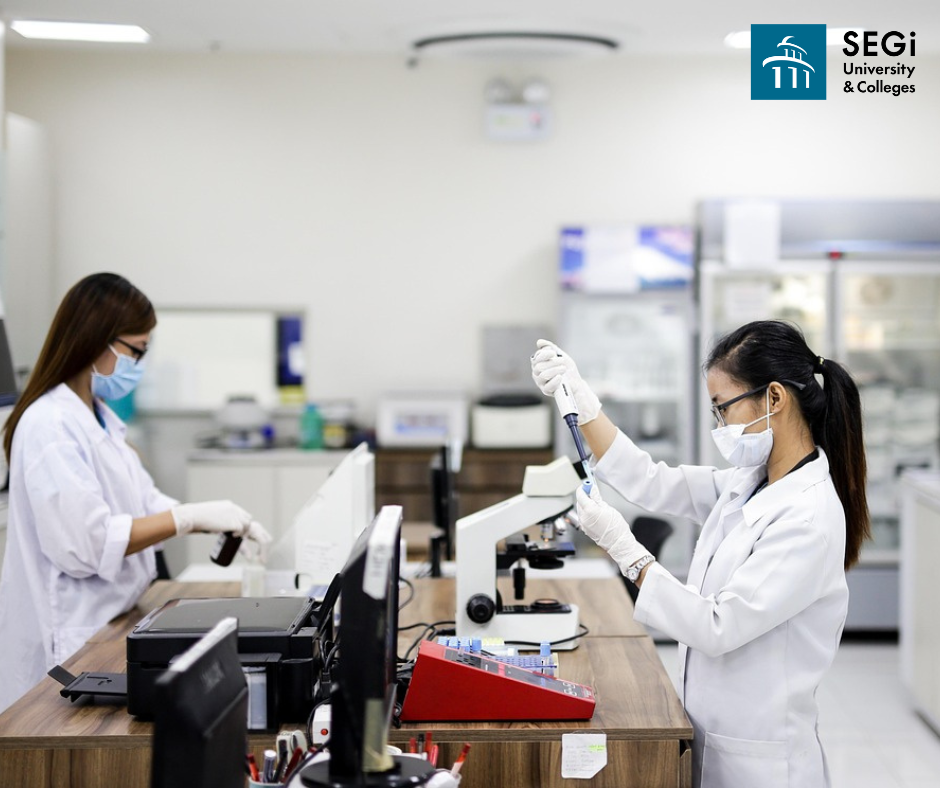For decades, antibiotics have been our safety net — the go-to solution for infections big and small. A sore throat, a cut that got infected, even complex surgeries all depended on the assurance that antibiotics would keep harmful bacteria at bay. But what happens when the very medicines we rely on stop working? That’s the growing reality of antibiotic resistance.
Bacteria are masters of survival. When exposed to antibiotics, most are killed — but if a few manage to survive, they quickly adapt and pass on their resistant traits. Over time, these survivors multiply into “superbugs” that ordinary antibiotics can’t touch.
The issue isn’t just over-prescribing; misuse plays a huge role. Skipping doses, stopping treatment too early, or taking antibiotics unnecessarily all give bacteria more chances to evolve.
This isn’t just a problem for hospitals. The World Health Organization has flagged antibiotic resistance as one of the top global health threats. Everyday infections — urinary tract infections, pneumonia, or even food poisoning — could become harder to treat. And without effective antibiotics, routine procedures like C-sections, joint replacements, or cancer treatments carry far greater risk.

The solution lies in action at every level. On a personal scale:
- Take antibiotics only when prescribed, and always finish the full course.
- Practise good prevention — regular handwashing, vaccinations, and safe food handling.
On a bigger scale, ongoing research in medical microbiology and immunology is key. Scientists are exploring new drugs, alternative therapies, and smarter diagnostics to stay one step ahead of resistant bacteria.
Antibiotic resistance isn’t a far-off concern. It’s here, now, and it affects all of us. The good news? We still have the tools to fight back — but it requires awareness, responsibility, and innovation. Because if antibiotics lose their power, even the simplest infections could once again become life-threatening.
About The Author

DR. SHAHNAZ HAQUE
Senior Lecturer, Pharmacology
Faculty of Medicine, Nursing & Health Sciences
Dr Shahnaz Haque is a Senior Lecturer in Pharmacology at the Faculty of Medicine, Nursing & Health Sciences. She brings with her more than a decade of experience spanning academia, healthcare, and the pharmaceutical industry.
Prior to joining SEGi, she served as an Assistant Professor at the Faculty of Medicine, King Abdulaziz University in Saudi Arabia, where she contributed for over five years. Beyond academia, Dr Shahnaz has also held roles as a Medical Advisor in the pharmaceutical industry and gained extensive exposure in hospital care settings.
Her research contributions are well-recognised, with several publications in reputable Scopus and Web of Science (WoS) indexed journals. She was awarded the Best Oral Presentation Award at the World Academy of Science, Engineering and Technology (WASET) Conference in Bangkok, 2016, and has received multiple accolades from her previous organisations for her professional excellence.

